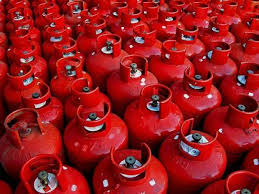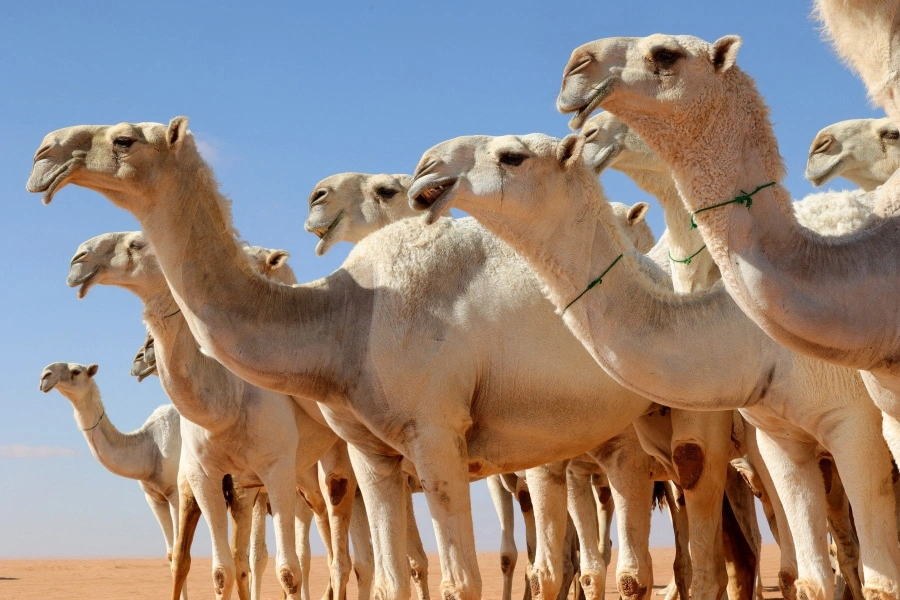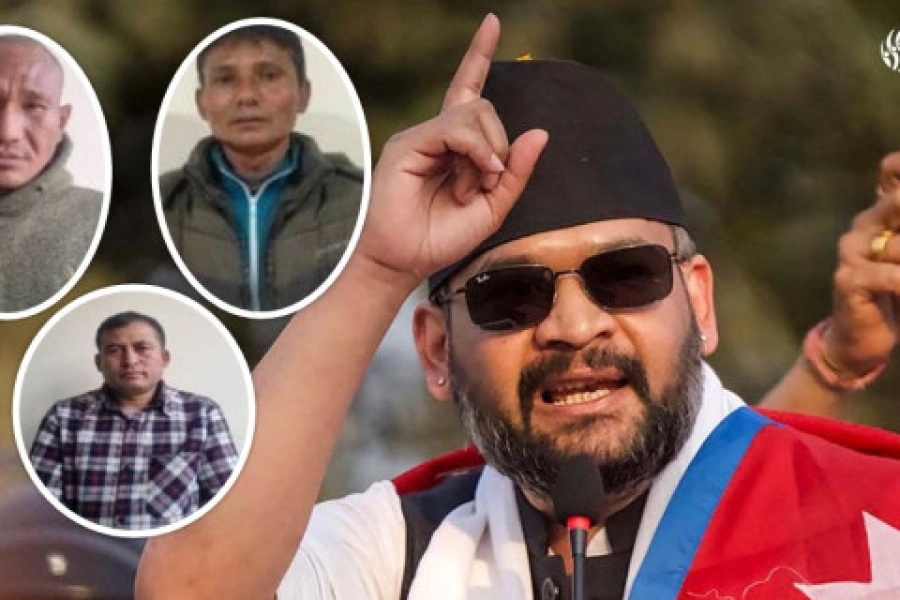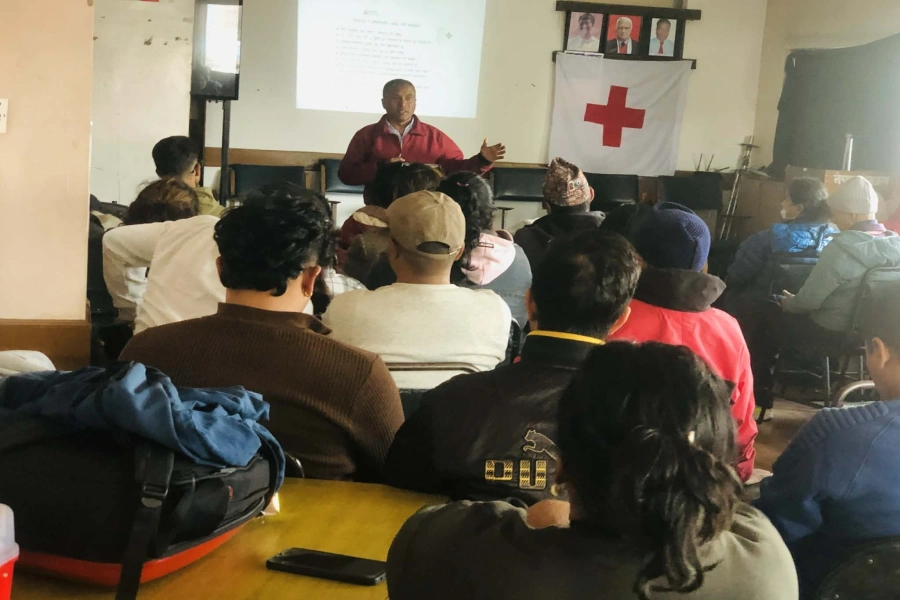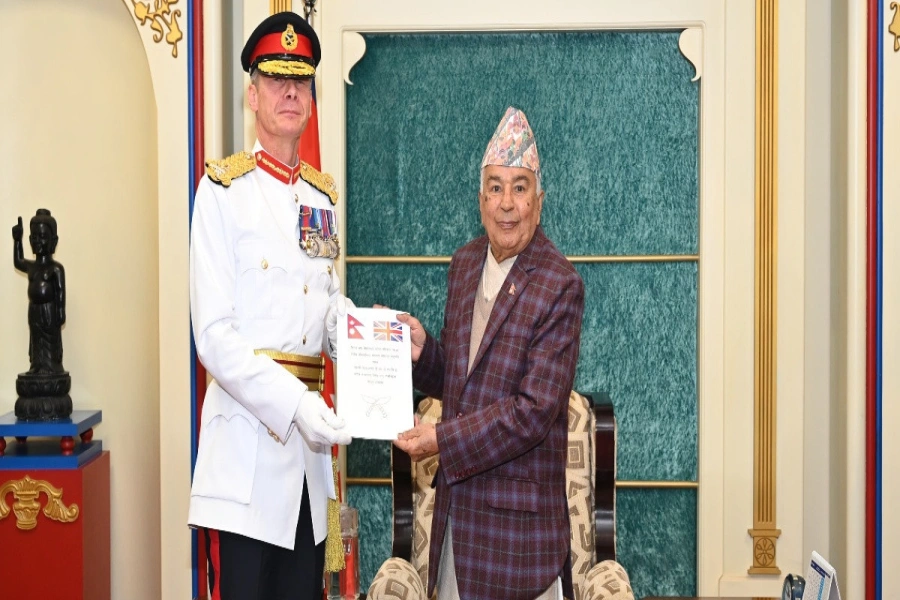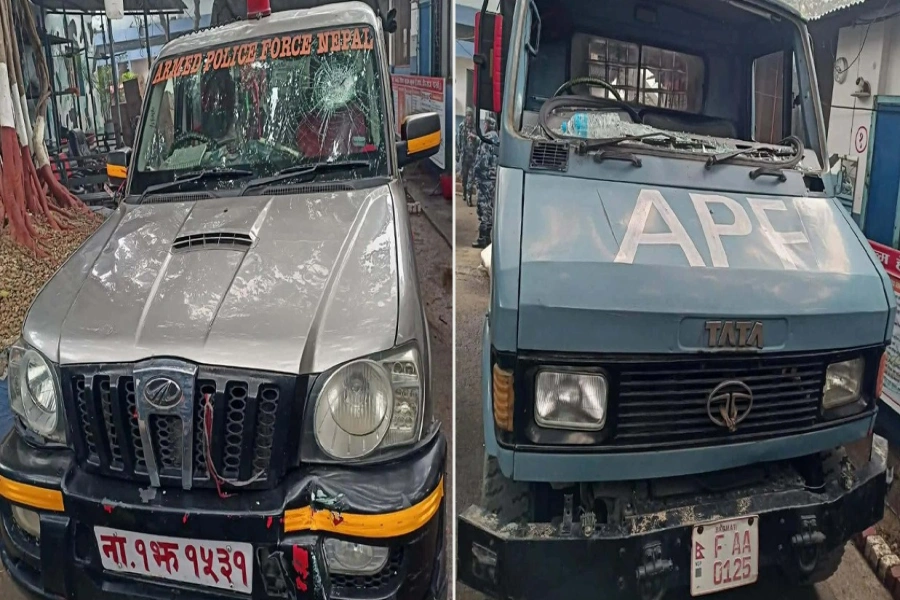RAJBIRAJ, May 26: At least 90 families in Gobargadha of Saptari district have been trapped by the Koshi River after the Indian side diverted its water to the western side on Friday.
Local authorities said about 300 people are now encircled by the Koshi, the biggest river in the country. The Indian side released water from a pilot channel built along the western side of the river despite protests by the locals.
With water suddenly released from the 17 km pilot channel built on the western side of Gobargadha Friday evening, the riverside village has turned into an island, trapping the local residents .
Hanumannagar Kankalini Municipality Mayor Sailesh Kumar Sah said rescue efforts for the trapped locals have been started and telephone links with some of them restored. “Locals should have been informed prior to releasing water . But the Indians released it without any notice, and hence the disaster,” Sah told Republica. “If prior notice had been given we could have evacuated our citizens to safer ground.”
Seven families trapped in landslide rescued

Ward No. 12 of the municipality lies along the riverbank but was not inundated so far as most of the water used to flow along the eastern side of the river . Koshi water overflowing the channel has swept away half a dozen boats including two emergency boats belonging to the municipality, firewood, timber and livestock, according to locals.
“If the situation continues we cannot rule out a disaster and loss of life in the trapped settlement,” Mayor Sah said. He also vented ire against the Indian ‘monopoly’ over the Koshi embankment.
“The Indian side should have worked within the territory mentioned in the Koshi accord but they have built the channel three kilometers west of the land they leased through the Koshi accord, which is against international practice,” Sah said.
The local government has claimed that the District Administration Office, the Home Ministry and the Prime Minister’s Office were informed five months ago about the construction of the pilot channel by the Indians.
The Koshi had breached its eastern embankment, inundating hundreds of Nepali and Indian villages, in 2008. After that, while repairing the damaged embankment, India tried to divert the Koshi flow more toward the western side adjoining Saptari district.
Locals have accused India of trying to divert the Koshi to save Indian settlements while putting Nepali villages at risk of inundation.
“Indian strategy has posed a threat of displacement to half a dozen settlements on the Nepal side and increased the risk to the western embankment,” said Ghanashyam Jha, who has been advocating for Koshi victims. “India has been taking the benefit as our government remains mum on this issue.”
India invested more than 1.5 billion Indian rupees after 2010 to save the Indian settlement on the eastern side of the river. With the Koshi flow diverted toward the western side, a dozen villages including Bhardaha, Yoginiya, Hanumannagar, Inaruwa, Rampura, Gobargadha and Tilathi have been at risk of inundation during the monsoon.
The Koshi flood on the Saptari side inundated nearly 1,000 houses for nearly three weeks in the last monsoon.



-1770648553.webp)
